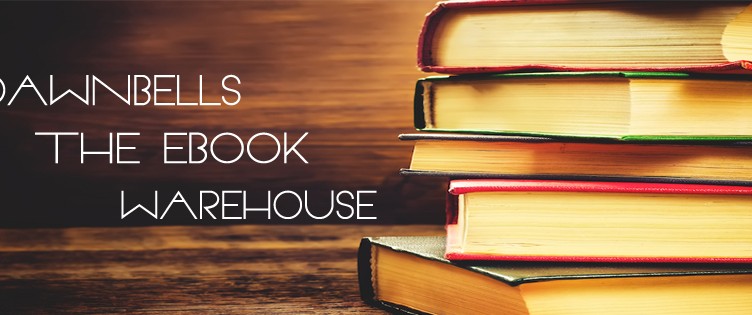Self publishing involves publishing any book or other media by the author of the work, without the participation of a deep routed third-party publishing house. There are mainly 3 types of self-publishing: e-book publishing, print on demand and vanity publishing. Not limited to only novels, self publishing covers sales brochures, websites, and other media. The author in this case is responsible for the entire process from the editing of the manuscript to the designing of the book cover and finally marketing of the book. Therefore, the final copies, the copyrights, all the auxiliary rights, and all the profit earned from book sales are exclusive. Digital self-publishing is the fastest growing segment of the publishing industry; authors find it attractive for many reasons.Digital self publishing has changed the concepts of writing. Factors like creative freedom, once own unique vision, and authorial unity are the biggest advantages. Due to this, many platforms are now providing it and these companies have delineated and revolutionised the publishing industry.
The rise of e-Commerce in India has publicized a new age for self-publishing by making it easy for authors to reach their readers. The biggest e-Commerce player Amazon is also supporting self publishing through Amazon’s Kindle Direct Publishing (KDP), an e-book self publishing service. IT professional, Rasana Atreya, desired to be a writer. When she finished writing her first book, she directly got a publishing contract. But she chose to self-publish her book ‘Tell A Thousand Lies’ through Amazon. The novel turned out to be a bestseller and got 800 downloads every month. It got amazing reviews on Amazon and was known as one of their five favourite tales from India by the UK’s Glam magazine. Previously, we had limited options for purchasing books. Even authors had limited options to sell their work. Gone are the days when a new writer might spend years or even decades trying to get their book accepted by any publisher; today with the evolution of the internet, availability of eBooks is easy as compared to physical books. Lots of authors today have decided to take charge of their own publishing journey. The self published authors have a mentality that “You can’t pay to write a book! You should get paid!” First-time authors are finding this mode of digital publishing beneficial but having said that there is still an unpredictable factor to actual sales.
The incredible power of social media like blogging, Facebook, and Twitter has allowed authors to get directly in touch with their readers, to expand their following, and to drive their books up the bestseller lists. For a new writer, printing books by offset or through print on demand suppliers like Create Space or Lightning Source is enabling an effective online presence.Self publishing and traditional publishing are two sides of the same coin but yet they have differences. Digital self publishing might be a boon especially for new writers but it could also be a bane when competing with the traditional system. In digital self publishing, we can change the font size, colour, type, etc for eBooks. Also the price of eBooks remain same everywhere. Self publishing is good for limited market and suitable for authors who have written something for a tiny niche market. The traditional publishing companies on the other hand prefer books that will interest the mass market and will usually not accept a work intended for a small audience. A new writer publishing eBooks can test the sales capacity also with a short-run book.
The most important factor is that most of the eBooks are available free of cost.Unfortunately, if a book has a national audience, it’s extremely difficult to publish it effectively unless you publish it traditionally. Sometimes, the digital self publisher makes mistakes such as picking up images from the internet which can creates legal as well as technical issues. Other areas of concern for the new writer using self publishing are language, marketing, data theft etc. Success cannot be a given unless the work is unique and the writer has the required knowledge and courage.It’s time writers realize that publishers don’t own them. Digital self publishing saves a lot of money and disappointment. Hence after weighing both sides we can still say that it is indeed a boon for new writers whose work would otherwise never see the light of day!
About the Author: Rakesh Sasidharan, a mechanical engineer by education, has been fuelling his creative penchant by expressing himself through the medium of writing and digital publishing. With close to a decade of freelance and corporate experience in various domains, he recently ventured to change his digital India dream into reality by starting Dawnbells, an online portal which not only sells eBooks and offers e-publishing services but also helps prospective authors find a platform to express themselves and make money at the same time. Visit – http://www.dawnbells.com/

Thanks for spending time on the computer (wrngiit) so others don’t have to.
You have brought up a really wonderful points, thanks for the post.